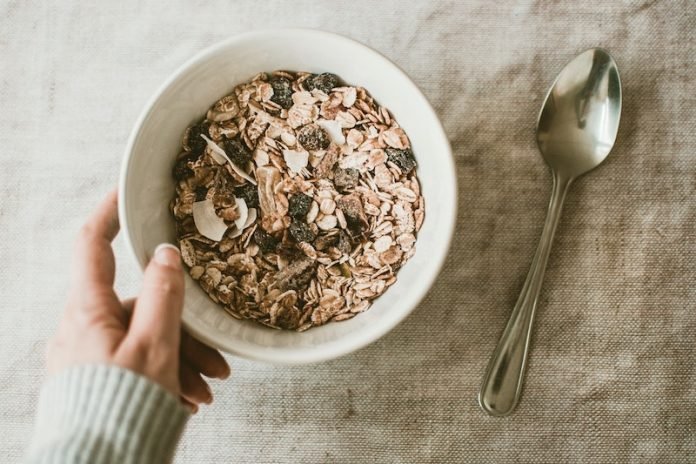
Scientists from Columbia University examined whether dietary fiber intake was linked to a decrease in inflammation in older adults and if the fiber was inversely related to heart disease.
They found that total fiber, and more specifically cereal fiber but not fruit or vegetable fiber, was consistently associated with lower inflammation and lower CVD incidence.
The research is published in JAMA Network Open and was conducted by Rupak Shivakoti et al.
Until now there had been limited data on the link between fiber and inflammation among older adults, who have higher levels of inflammation compared with younger adults.
In the study, the team used data from a large and well-characterized prospective cohort of elderly individuals, with detailed data on dietary intake, inflammation, and incidence of CVD.
They confirmed previously observed associations between dietary fiber and CVD and extended those investigations to include the source of the fiber, the link of fiber with multiple inflammatory markers, and to test whether inflammation mediated the relationship between dietary fiber and CVD.
The team tested 4125 adults enrolled in the Cardiovascular Health Study from 1989 to 1990.
They found higher intakes of dietary fiber are associated with lower CVD risk. A common hypothesis has been that higher fiber intakes reduce inflammation, subsequently leading to lower CVD risk.
The finding suggests that one particular type of dietary fiber—cereal fiber—but not fruit or vegetable fiber was linked to lower inflammation.
The team says although there are data to suggest that fiber in general might have anti-inflammatory effects by improving gut function, modifying diet and satiety (eg, reduced fat and total energy intake), and improving lipid and glucose profile metabolism, why cereal fiber but not vegetable or fruit fiber is associated with lower inflammation is not clear and warrants further investigation.
Sign up for our newsletter for more information about this topic.
If you care about inflammation, please read studies that diabetes drug metformin may reverse liver inflammation, and aspirin and other drugs for inflammation could help prevent COVID-19 deaths.
For more information about inflammation, please see recent studies about the cause of severe inflammation in COVID-19, and results showing vitamin D can help reduce inflammation.
Copyright © 2022 Knowridge Science Report. All rights reserved.



